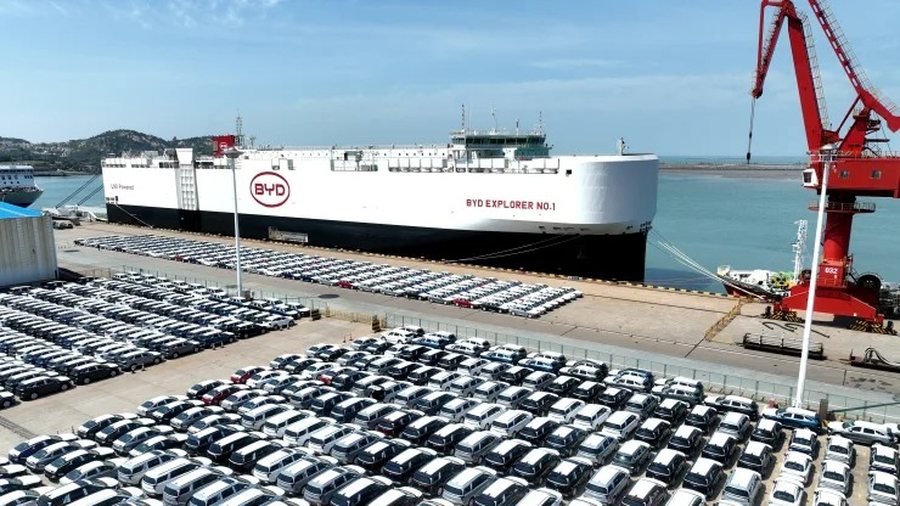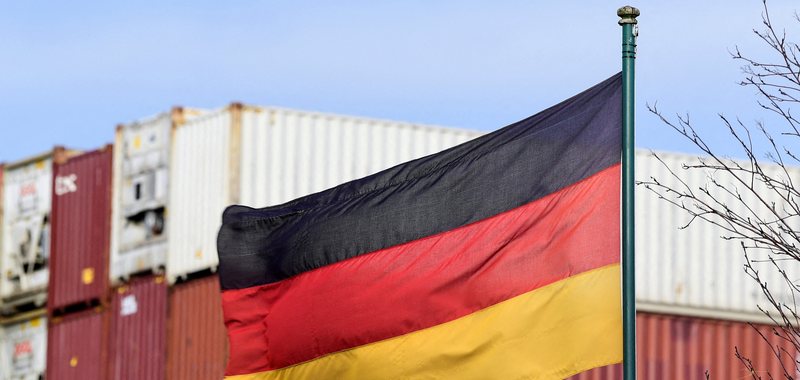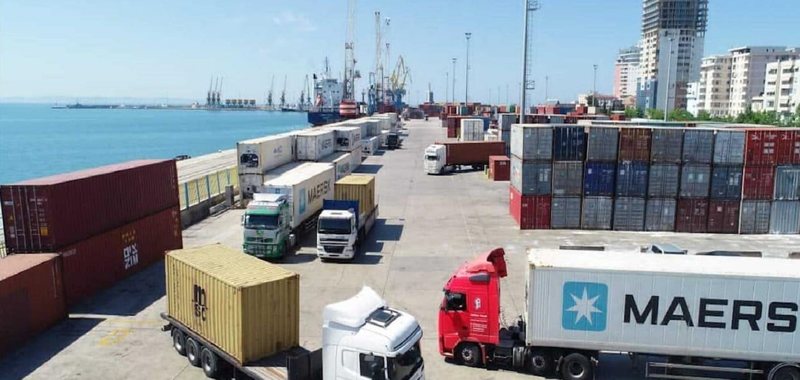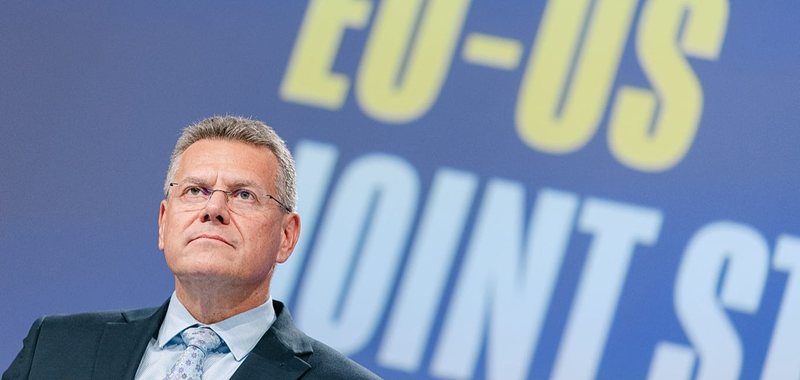China "conquers" the European car market - Chinese electric vehicle registrations increase by 60%

Strong competition from China and the lack of charging infrastructure in many European countries are creating serious challenges for electric vehicle manufacturers operating in Europe. The situation has changed significantly over the past four years, due to the development of new technologies, strict EU emissions regulations that initially hit domestic companies, and large investments by Chinese companies.
These companies, backed by Beijing, are producing competitively priced cars that they aim to distribute widely across the European continent. They have been hampered in part by trade frictions with Brussels, but have managed to overcome some tariff barriers, such as by offering hybrid vehicles instead of fully electric ones. The figures clearly show the changes. Car exports from Germany fell by about 25% between 2016 and 2023, while the Italian-American company Stellantis produced about 30% fewer passenger vehicles in the first half of 2025, compared with the same period in 2024.
As the industry grapples with weaker demand and fines for failing to meet EU carbon emissions targets, the European market is rapidly being flooded with Chinese brands. Registrations of Chinese electric cars in Europe rose by almost 60% year-on-year through April. Tesla has also faced lower-than-expected sales in Europe, although in this case Elon Musk's political involvement has also played a role.
Europe’s largest carmaker, Volkswagen Group, has also struggled to maintain or expand its market share. The introduction of new models, especially electric ones, often requires technological improvements and adjustments to improve the customer experience. While Volkswagen engineers have been trying to improve their products, China has quietly built an electric vehicle empire to challenge the German company, which for decades has been the best-selling brand in the world’s largest market. When the Chinese economy restarted at full capacity after the pandemic, domestic manufacturers such as BYD and Nio had doubled the number of hybrid and electric models they offered to customers. Many of them were cheaper than products from European companies. By 2023, BYD had overtaken Volkswagen as the leading brand in the European electric vehicle market, according to Bloomberg.
For the first time in 2024, Chinese companies whose main activity is electric cars invested more abroad than in the domestic market, even though these overseas projects face higher costs, delays and increased risks.
Chinese companies in the electric vehicle supply chain invested about $16 billion abroad last year, mostly in battery manufacturing, compared with $15 billion in domestic investment. According to a study by research group Rhodium, this approach represents a “historic shift,” as previously about 80% of investment was made within China.

The costs of the war in Ukraine - Which country is bearing the main "burden" of defense?
As transatlantic talks on the future of Ukraine intensify, one issue comes to the fore, particularly in the statements of former US President Donald Trump:......

Europe motivates “green” visitors - Cities offer innovative rewards to boost sustainable tourism
Dozens of popular destinations in Europe have imposed fines, taxes and other restrictions on travelers in recent months, aiming to combat overtourism. Last......

UBS "shrinks" Greece's economic growth - But the Swiss bank remains optimistic about next year
A new report by UBS (Union Bank of Switzerland) has lowered its forecast for Greece's economic growth in 2025, from 2.6% to 2.3%. At the same time, the......

Meta, 10 billion USD agreement with Google - Technological giants collaborate on "cloud" services
Google has reached a six-year deal with Meta Platforms for cloud services worth more than $10 billion, a source familiar with the matter told Reuters. It is......

German economy shrinks - Caused by decline in exports and industrial production
Germany's economy shrank by 0.3% in the second quarter from the January-March period, as demand from its main trading partner, the United States, slowed......

Customs, digital systems according to EU standards - New strategy, what changes for businesses in the country?
The new strategy for digital customs systems, according to European Union standards, is expected to be launched for public consultation soon. The General......

EU-US/ 15% comprehensive tariff on European goods!
The joint statement, which comes nearly a month after the trade deal, is being described as a "first step" by the EU, which hopes to secure more tariff......

Albanians "abandon" short-term credit - BoA: It drops to 198 billion lek in June. Medium-term credit gains more ground
Albanians are increasingly taking out long-term or medium-term loans, while giving up short-term loans. The latest data from the Bank of Albania shows that......

















